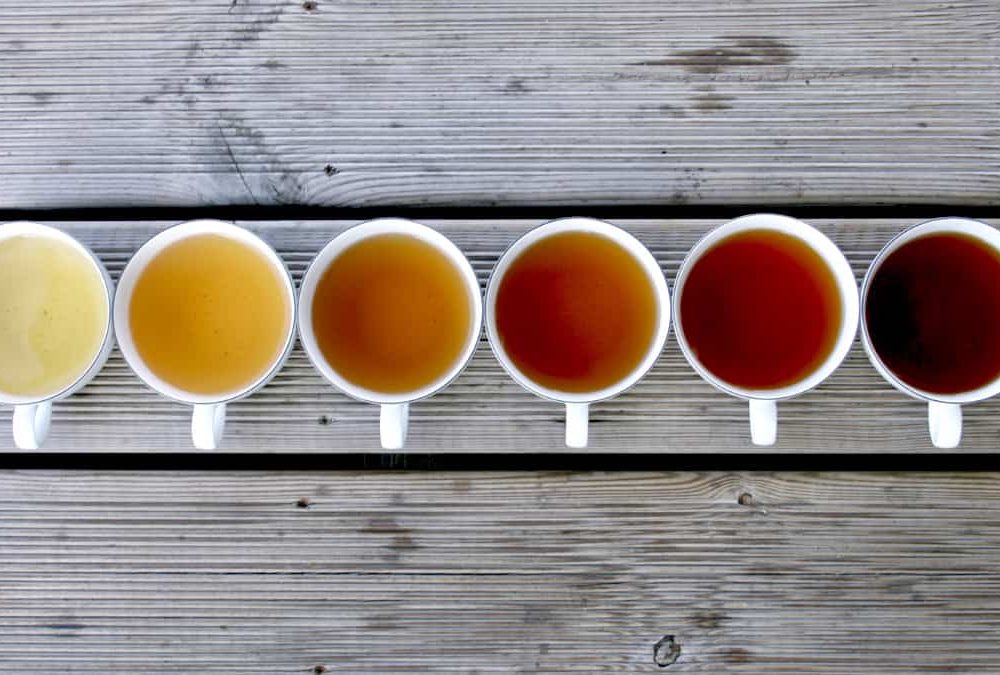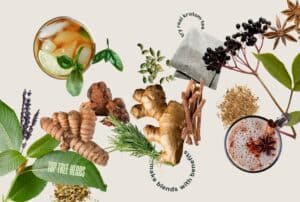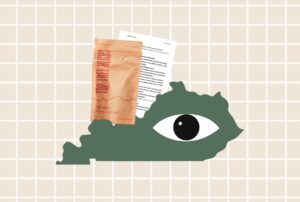Tune in to Dr. Oliver Grundmann’s and Hamilton Morris’s discussion surrounding rhynchophylline and how kratom alkaloids work in concert!
We’ve summarized their conversation below. When possible, citations have been provided for the topics that they discussed.
Dr. Oliver Grundmann’s Kratom Research
Dr. Oliver Grundmann is one of the most cited kratom researchers in the world. His work regarding kratom ranges from the largest population study of kratom consumers ever conducted, all the way to detailing its neuropharmacology. In addition, he has spoken at several American Kratom Association hosted advocacy events, and continues to correct sensationalism with science.
He currently serves as the Director and faculty advisor for the online Master of Science and graduate certificate programs in Pharmaceutical Chemistry and Clinical Toxicology at the College of Pharmacy of the University of Florida.
Hamilton Morris’s Work with Kratom
Hamilton Morris is a renowned science and culture journalist. He directed, wrote, and hosted three seasons of the hit television series “Hamilton’s Pharmacopeia,” and his written work has appeared in Harper’s Magazine and Vice Magazine, among others. He researches drug development and pharmacology at the University of the Sciences in Philadelphia with long-time colleague Dr. Jason Wallach.
In 2017 he released his widely acclaimed documentary Kratom: The Forbidden Leaf as part of season 2 of his television series. He has returned to the subject of kratom through his role as Scientific Advisor to Top Tree Herbs. He has also had notable conversations about kratom on the Joe Rogan podcast and many other media sources.
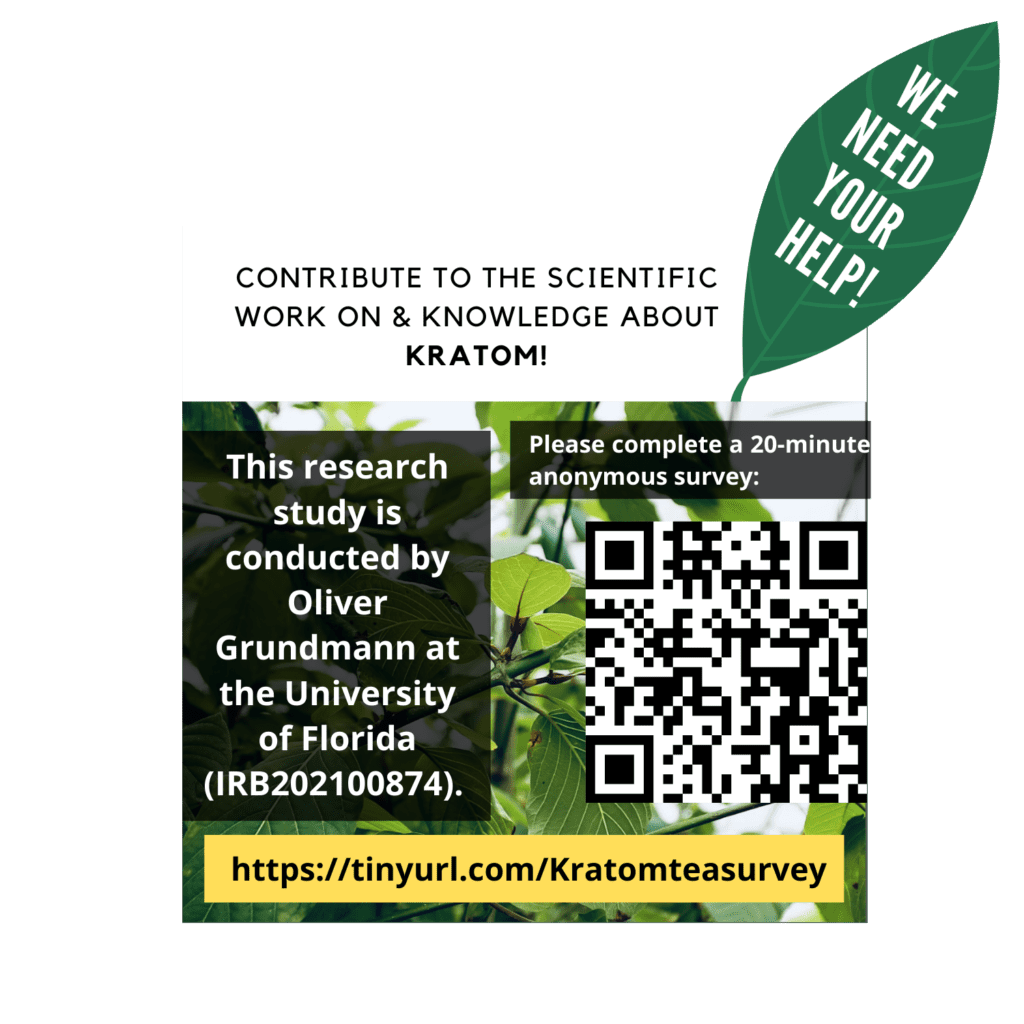
Rhynchophylline
There are over 40 different alkaloids found in kratom. Normally, mitragynine and 7-OH-mitragynine command the spotlight. In this part of the conversation Dr. Grundmann briefly discusses one of the kratom alkaloids that has grabbed his attention: rhynchophylline.
Rhynchophylline is present in trace quantities in kratom leaf. It is most frequently associated with Uncaria rhynchophyllina, a herb used in traditional Chinese medicine. It is also found in a variety of other Uncaria genus plants, like Uncaria tomentosa, also known as Cat’s Claw and used as a traditional medicine. In addition, there is evidence for historical use against lightheadedness and numbness. Not to mention it’s mechanism of action also appears to be completely different than mitragynine.
Like kratom (Mitragyna Speciosa), the Uncaria genus is found in the Rubiaceae family. This botanical class is an alkaloid producing powerhouse from which humans have developed a quite a fondness. For example, Rubiaceae is commonly called the “coffee family” in honor of it’s most famous member.
Alongside rhynchophylline, we’ll also be testing for it’s cousin, isorhynchophilline. In fact, many papers have lauded their neuroprotective potential.
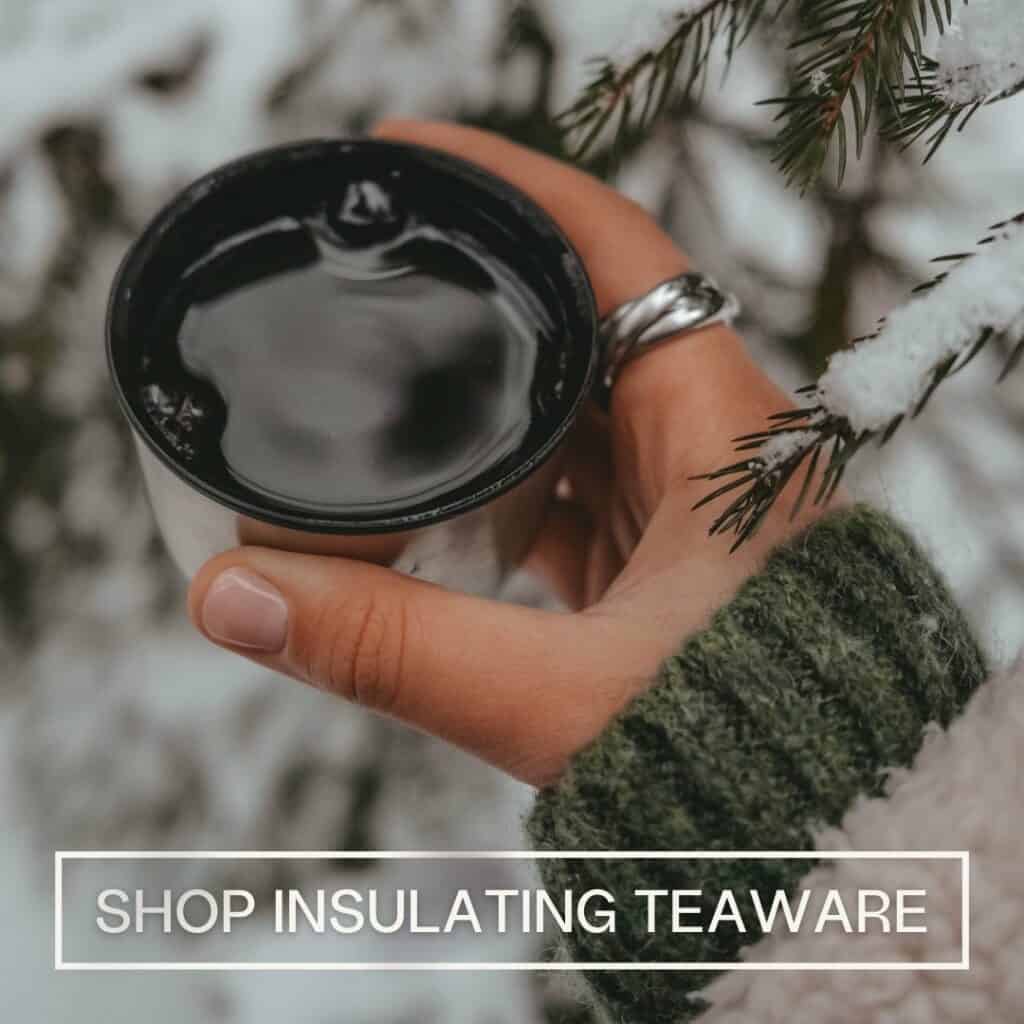
Small Correction
Dr. Grundmann wrote to us after reviewing the podcast to correct a misspeak. Apologetically, he wrote that he confused Urtica with Uncaria. Of course none of us can fault him, I mean, who hasn’t misspoke when discussing the prevalence of alkaloids across different genus and family? We assure you, Dr. Grundmann, we do not think less of you for this. Undoubtedly, it is the mark of a scholar to request the clarification of a misspeak.
Following this quick discussion regarding rhynchophylline (which will be one of the alkaloids tested for and included in the survey) Dr. Grundmann goes on to speak broadly about the phenomenon commonly known as the “entourage effect.”
Better Together
The entourage effect is when many different substances found within a natural product work together. Together they produce an effect that is not present when only testing singular compound.. For example, the world of cannabis is abuzz with discussion over the entourage effect. Now that trace cannabinoids, like CBG, CBD, CBN, etc, are gaining popularity, people are questioning the supremacy of Delta-9-THC.
In the long run, we hope to see the kratom grow culture follow in the footsteps of cannabis. It may be possible for there to be more rhynchophylline than mitragynine in speciality kratom strains from the future. With 40-plus different kratom alkaloids to choose from, the options are potentially limitless!
On the whole, having a small amount of many different alkaloids is one of the greatest advantages of natural products. Many alkaloids working in concert may slow tolerance build up, and may reduce withdrawal symptoms. In short, since the alkaloids are working in synergy, you need less of each when taken together than if taken alone.
Survey Info
This discussion, ultimately, is to promote Dr. Grundmann’s incredibly important population survey of kratom tea drinkers. The data from this survey will be able to further our scientific understanding of this leaf, and its consumption via the traditional preparation.
These are the crucial, final innings in the story of kratom. At the moment, it has drawn the ire of federal regulatory agencies, for whatever reason. Nobody can protect kratom by themselves. In reality, we need rigorous, scientific analysis of kratom. Most importantly, looking at its potential for both positive and negative effects. This survey can deliver all that and more.
You Can Help!
To get around this, we need a grassroots commitment to discovering the truth regarding this leaf. As such, surveys are one of our best options. The current survey that Dr. Grundmann is conducting is one of the most rigorous and controlled population surveys on kratom every conducted. For the results to have any weight, it is up to you to participate.
If we fail to collect the adequate data to make any meaningful conclusions, then the enemies of kratom will be able to continue to propagate their ill informed claims. In the grand scheme of things, we know surprisingly little about kratom. In sum, there is not much research to back up the claims of both kratom-praisers nor kratom-haters.. If we collect enough data from this survey it would allow for a more scientific discussion to be had by all.
Conclusion
If you would like to participate in this historical research project, you can purchase a discounted bag of our crushed leaf kratom tea bags. From there, it’s as simple, and pleasurable, as drinking tea! After you’ve drunk some of the tea, simply scan the QR code on the bag and fill out the anonymous survey. Or, you can go directly to the survey via https://tinyurl.com/Kratomteasurvey.
